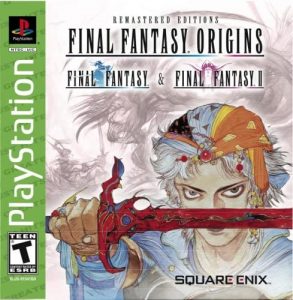 Sixteen years ago, somehow, I played Final Fantasy for the first time, with my only previous JRPG experiences having been an abiding love for Dragon Warrior, deep amusement at Secret of Mana, and unremitting loathing for Final Fantasy VII. You’ll note, if you clicked through, that I had evinced an intention to continue playing the remainder of the Final Fantasy oeuvre. Believe it or not, that was actually true, and I really have been playing Final Fantasy II on and off for all of those many years since[1].
Sixteen years ago, somehow, I played Final Fantasy for the first time, with my only previous JRPG experiences having been an abiding love for Dragon Warrior, deep amusement at Secret of Mana, and unremitting loathing for Final Fantasy VII. You’ll note, if you clicked through, that I had evinced an intention to continue playing the remainder of the Final Fantasy oeuvre. Believe it or not, that was actually true, and I really have been playing Final Fantasy II on and off for all of those many years since[1].
The main difference between the first and second game is that where the first game used “save the world!” as an excuse to string together a lot of random encounters in the world and in various dungeons wherein you could level up and get better equipment and better spells, allowing you to fight harder random encounters and dungeons… In the second game, all of those actions are strung together by an actual plot, with actual characters. I mean, plot and characters as imagined through the lens of the 1980s, but it’s actually there.
I’ll go a step farther, and say that the plot, although largely on rails, feels as if it is reacting to the actions of the characters. Which is impressive! There are three main characters, teenaged friends who get caught up in events, and a floating fourth character, who you are supposed to become attached to but who I largely viewed as a tool who occasionally stole my equipment by leaving the party without warning in any number of various ways.
That said, the game still punishes you for playing a game that old by having bizarrely restrictive spell and items capacities and random bugs that make the nominally most powerful spell in the game be functionally useless. Nevertheless, it was a good game. I mean, if you’re okay with mindlessly wandering the world having random encounters between various dungeons that advance the plot, but that’s just what a JRPG is, you know? (But Dragon Warrior was still better. For one thing, no goddamned chocobos.)
In case you’re wondering if I will play Final Fantasy III: I’ve started it already. (This proves nothing, of course.)
[1] Although I restarted at one point post-2014, switching platforms from DS back to Playstation[2]. (Well, PS2, since manufacturers once upon a time understood backward compatibility.)
[2] Because it’s harder to play a game together on a tiny-ass DS screen[s].
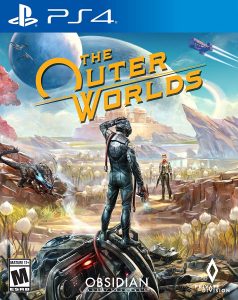 I played a game!
I played a game!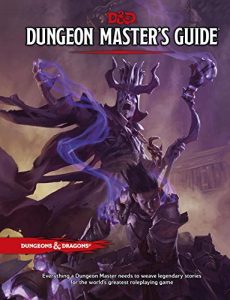 I honestly don’t have much to add after reading
I honestly don’t have much to add after reading 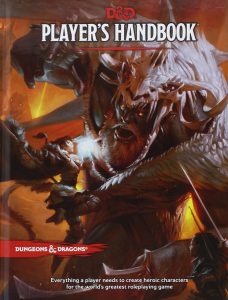 Full disclosure: I did not read the entire
Full disclosure: I did not read the entire 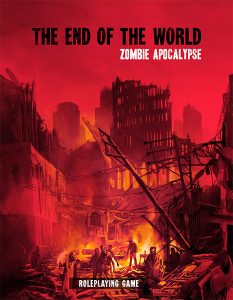 Change of pace!
Change of pace!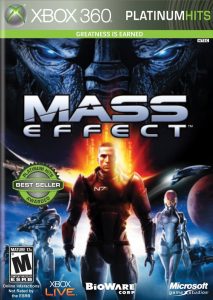 One sign of an extremely good video game is that it would be almost easier to describe it as a movie and leave out the game elements entirely. Well, okay, that may not be true. But if the reason you want to leave out the game elements is that they were so seamless and non-intrusive that you only very occasionally even felt like you were playing something instead of watching it and influencing the outcome, that would be good. It would also be a good sign if your father, no stranger to games even if he’s not the gamer type, were to ask you after watching the last 15 or 20 minutes of the game to clarify that it was in fact a game, and not a movie.
One sign of an extremely good video game is that it would be almost easier to describe it as a movie and leave out the game elements entirely. Well, okay, that may not be true. But if the reason you want to leave out the game elements is that they were so seamless and non-intrusive that you only very occasionally even felt like you were playing something instead of watching it and influencing the outcome, that would be good. It would also be a good sign if your father, no stranger to games even if he’s not the gamer type, were to ask you after watching the last 15 or 20 minutes of the game to clarify that it was in fact a game, and not a movie.